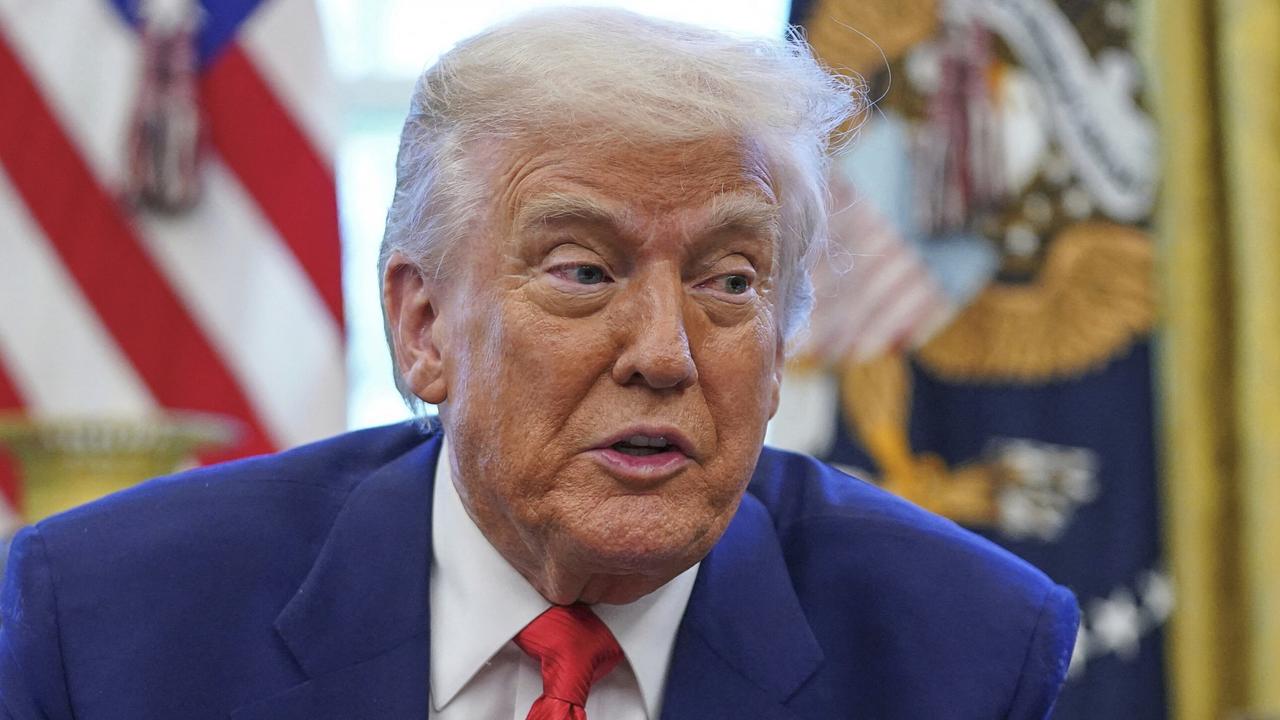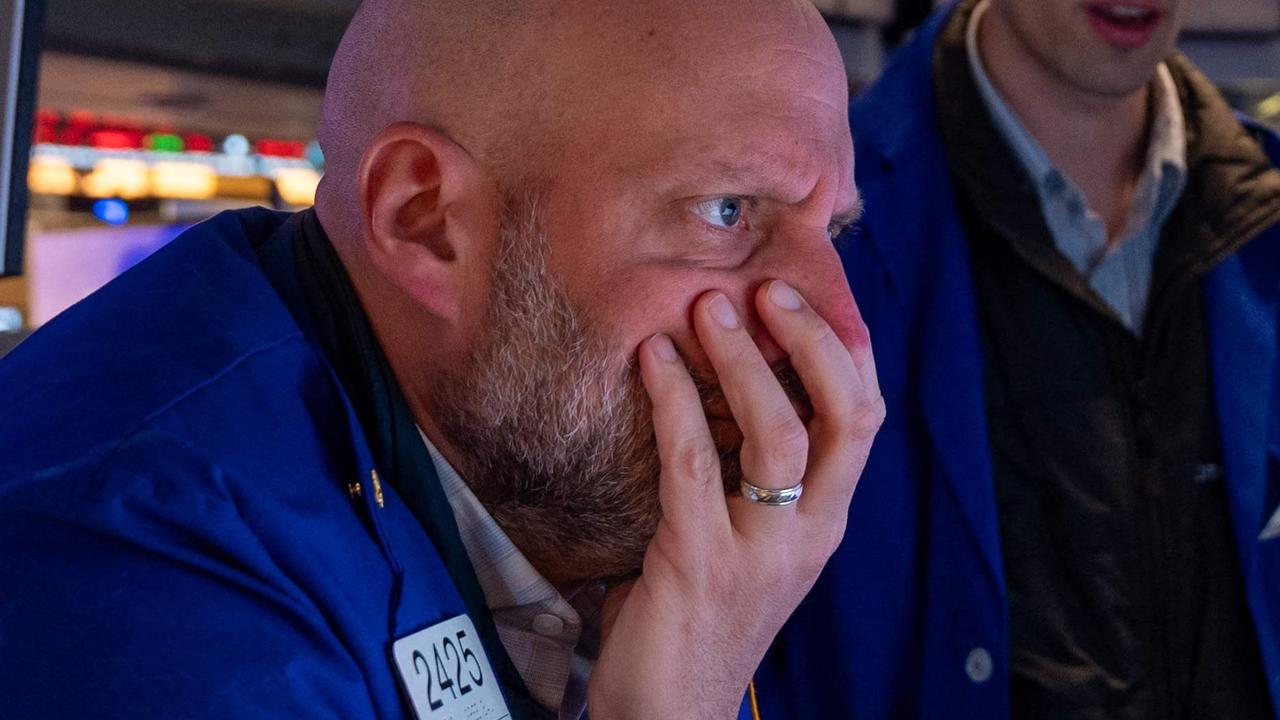Greeks desert banks as country battles crisis
CUSTOMERS are abandoning Greece’s banks and stashing cash in their homes as fears grow that the country could be about to exit the eurozone.

CUSTOMERS are abandoning Greek banks in droves as doubts over the country’s economic future grow.
Deposits are at their lowest level in more than 10 years, falling to $198.89 billion from more than $242 billion just five months ago, data from the European Central Bank showed.
There are serious concerns that the country could be forced out of the euro and default on its debts, with high-profile investors backing out of Greek banks.
Greeks are said to be worried about their new left-wing government’s painfully slow negotiations with creditors.
The Times reported that ordinary Greeks are thought to be stashing cash in their homes while the wealthy are moving their savings to Britain, Switzerland and Luxembourg. Government officials warned that Greece’s high street lenders might “topple over”without a fresh injection of bailout cash.
American hedge-fund manager John Paulson told Dow Jones that a Greek default would be “disastrous for Greece’s economy and citizens” and “destabilising to the European financial system”, but “manageable”.
Greece’s debt crisis dominated talks of the Group of Seven finance ministers on Friday, with the United States and Japan pressing Europe to reach a deal with Athens to avoid rattling the eurozone and the global economy.
Greece was not on the official agenda of the three-day meeting in Dresden, but was a key topic as time runs out for Athens to reach an agreement with its international creditors.
“All parties need to move,” US Treasury Secretary Jack Lew told reporters after the meeting on Friday.

He said there needed to be “some flexibility” on the part of the European Central Bank, the International Monetary Fund and the European Commission, who are demanding the Greek government push through economic reforms in return for bailout funds.
“Greece needs to make very tough decisions,” the US finance chief continued, adding that “one won’t happen without the other.”
“Everyone agrees that resolving this without crisis would be in interest of everyone and the global economy,” he added.
IMF chief Christine Lagarde, ECB president Mario Draghi and the EU’s commissioner for economic and monetary affairs Pierre Moscovic attended the Dresden talks, held to prepare for a wider summit of G7 leaders starting June 7.
Lagarde had caused a flurry the day before by saying in a newspaper interview that a so-called “Grexit” — or Greek exit from the eurozone — was “a potential.” The IMF scrambled to clarify her comments by saying Lagarde hoped it was a scenario “the Europeans will not have to face because hopefully they will find a path to agree with the future of Greece within the eurozone.”
French Finance Minister Michel Sapin insisted: “There is no Grexit scenario.” There had been “progress” in the negotiations, but “results are still insufficient so far,” added Sapin.
The meeting’s host, German Finance Minister Wolfgang Schaeuble, sought to play down assertions by Athens that Greece is on the verge of reaching a deal with its creditors.
“The positive reports out of Athens don’t fully reflect the state of talks,” Schaeuble said.
After four months of negotiating to unlock some $10.3 billion in remaining bailout cash, Athens’ coffers are near empty.
The governor of the Bank of Japan Haruhiko Kuroda warned of the consequences of a possible “Grexit”.
“If for the first time a country leaves the eurozone, then it won’t be the same stable monetary union as before,” Kuroda told the business daily Handelsblatt.
The euro area would then simply resemble a system of fixed exchange rates, and such systems had never proven particularly successful in the past, the central bank chief said.
Nevertheless, Kuroda said he did not believe there would be any contagion effects “in the short term if Greece defaults or even leaves monetary union.”
Other topics on the agenda were the state of the global economy, financial regulation, fighting tax evasion and ways of starving jihadist groups like the Islamic State of funding.
The Chinese currency, the yuan or renminbi, also featured in discussions, as Beijing continues to push for it to play a greater role in the world financial system.



